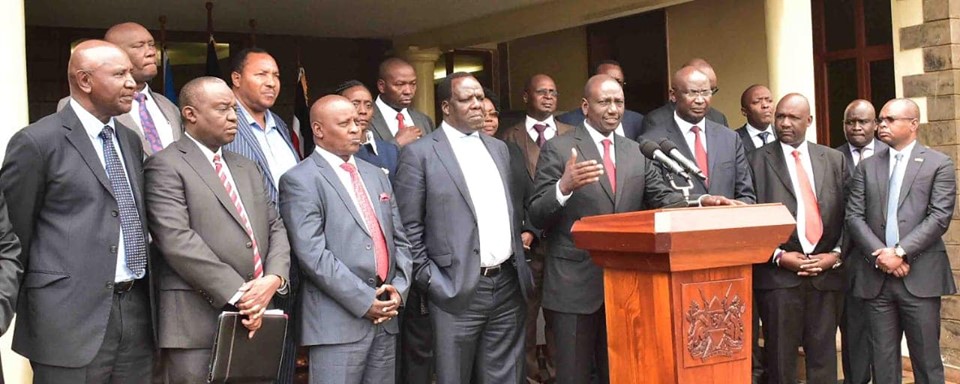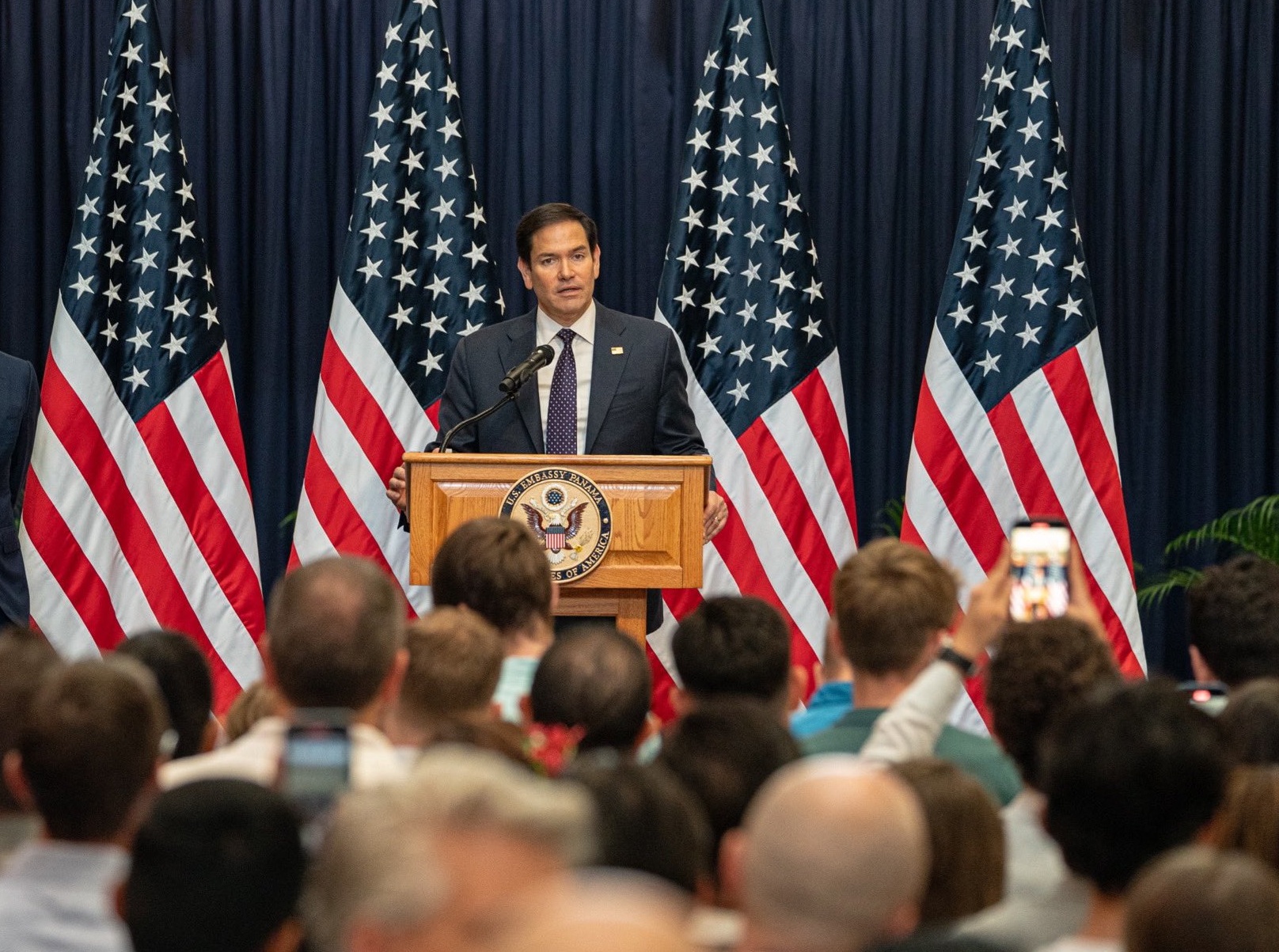Devolved greed? DP Ruto, governors meeting ends in stalemate

A financial crisis is looming in counties after governors yesterday snubbed an annual meeting with the National government to discuss allocations to devolved units.
An informal meeting convened by Deputy President William Ruto in Karen ended in a stalemate after the governors failed to agree with the government on the amount of money to be disbursed to the counties.
The governors boycotted the Intergovernmental Budget and Economic Council (IBEC) meeting scheduled to be chaired by Ruto at his Karen office.
Instead, an informal meeting was convened to discuss the way forward with regards to disbursement of funds to counties which hit a snag.
Council of Governors chairman Wycliffe Oparanya told People Daily that they had boycotted the meeting because the government did not look serious in its dealings with governors.
Wait much longer
“What we want is funds disbursed to counties and not promises. We boycotted the meeting because there is nothing tangible the government had put on the table for us,” said Oparanya.
He warned that counties do not have funds to perform any function and that they are likely to grind to a halt.
The Kakamega governor said by convening the IBEC meeting after Treasury Cabinet secretary Henry Rotich tabled his budget proposal, the national was holding the counties to ransom.
“This meeting should have been held before the budget so that members could have pushed for the allocations to counties to be factored in the budget. We feel somebody somewhere was out to sabotage us,” he said.
Oparanya said it is barely two weeks to the end of the financial year 2018/19 but the National Treasury is yet to disburse 32 per cent of the counties equitable share of revenue worth Sh100 billion out of the total Sh314 billion approved by Parliament.
“Even if these allocations were disbursed today, it will be absolutely impossible for the counties to spend,” said Oparanya.
But during the informal meeting yesterday, it was agreed that the Government marshals the National Assembly over Division of Revenue Bill while governors consult senators over the same.
Consequently, it was agreed that yet another informal meeting be held on June 24 to review the situation and get a feedback from both ends.
The government and the National Assembly had allocated counties Sh314 billion while the Commission on Revenue Allocation (CRA) and the Senate want the devolved units allocated Sh335 billion. MPs had, however, raised the amount to Sh316 billion, which senators, CRA and counties have still declined.
At the informal meeting, it was also agreed that the IBEC meeting should be rescheduled to July 8, subject to an agreement over the Division of Revenue Bill.
In the meantime, counties will have to wait a few more days before they can receive funds to pay for pending bills without audit queries.
Gains of devolution
Also during the meeting, chaired by Ruto, it was agreed that Treasury releases Sh65 billion to pay pending bills by end of the month. Ruto assured that Treasury is in the final process of releasing the cash.
However, he said suppliers whose payments have been flagged as ineligible by the Auditor General will first have their issues heard and addressed by a special appeal committee in every county.
“The move is meant to promote enterprise, local industry and ensure small businesses benefit from an inflow of capital to boost their ventures,” Ruto said.
He also stated that paying pending bills will enhance the ease of doing business especially with government and strengthen the SME sector.
“The National and county governments have agreed on a framework to end the stalemate on shared revenue, which will consolidate the gains of devolution,” Ruto added.
In-attendance were Treasury Cabinet secretary Henry Rotich, Auditor General Edward Ouko and Controller of Budget Agnes Odhiambo.
CoG was represented by Oparanya, Wycliffe Wangamati (Bungoma), Ferdinand Waititu (Kiambu), Amason Kingi (Kilifi), Samwel Tunai (Narok), Mutahi Kahiga (Nyeri), Sospeter Ojaamong (Busia) and Ndiritu Muriithi (Laikipia).
Some of the key services expected to suffer, said Oparanya, are health through payment of commodities from Kenya Medical Supplies Authority (Kemsa) and other commodity suppliers amounting to Sh5 billion.
Others are agriculture Sh5 billion and provision of clean water services Sh10 billion. There is also the county infrastructure development and administrative services Sh35 billion and operations maintenance and running of the county governments Sh45 billion.










